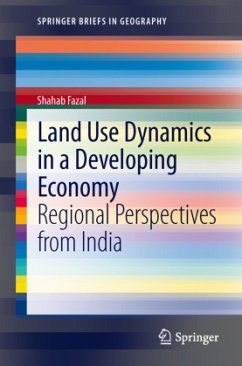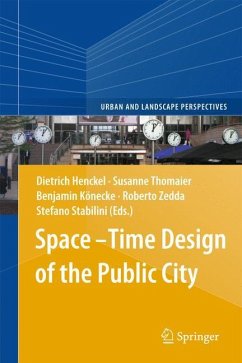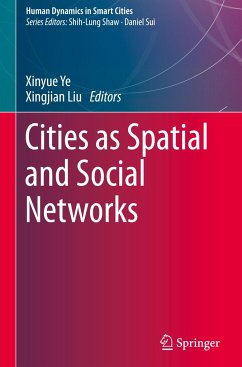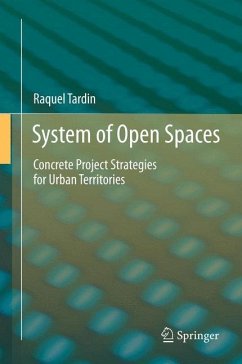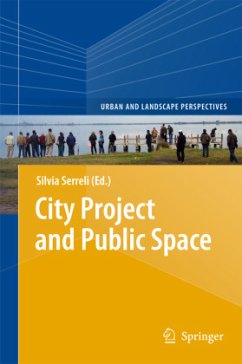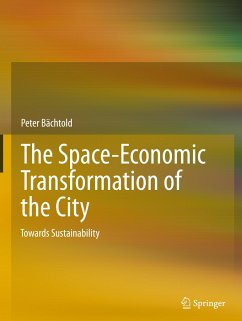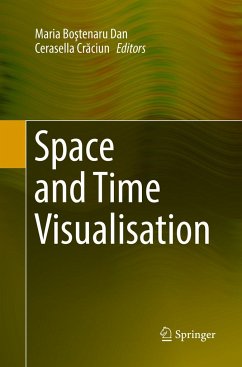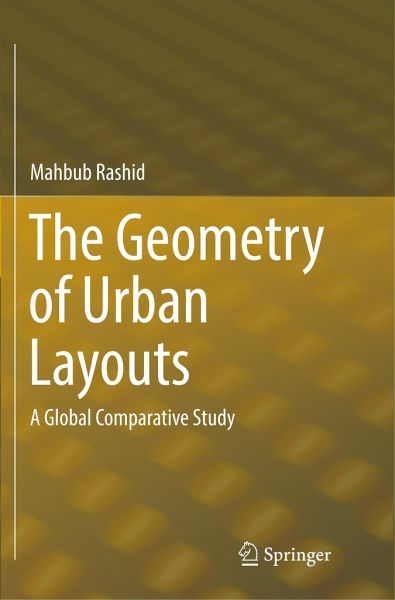
The Geometry of Urban Layouts
A Global Comparative Study
Versandkostenfrei!
Versandfertig in 6-10 Tagen
76,99 €
inkl. MwSt.
Weitere Ausgaben:

PAYBACK Punkte
38 °P sammeln!
This book presents a compendium of the urban layout maps of 2-mile square downtown areas of more than one hundred cities in developed and developing countries-all drawn at the same scale using high-resolution satellite images of Google Maps. The book also presents analytic studies using metric geometrical, topological (or network), and fractal measures of these maps. These analytic studies identify ordinaries, extremes, similarities, and differences in these maps; investigate the scaling properties of these maps; and develop precise descriptive categories, types and indicators for multidimensi...
This book presents a compendium of the urban layout maps of 2-mile square downtown areas of more than one hundred cities in developed and developing countries-all drawn at the same scale using high-resolution satellite images of Google Maps. The book also presents analytic studies using metric geometrical, topological (or network), and fractal measures of these maps. These analytic studies identify ordinaries, extremes, similarities, and differences in these maps; investigate the scaling properties of these maps; and develop precise descriptive categories, types and indicators for multidimensional comparative studies of these maps. The findings of these studies indicate that many geometric relations of the urban layouts of downtown areas follow regular patterns; that despite social, economic, and cultural differences among cities, the geometric measures of downtown areas in cities of developed and developing countries do not show significant differences; and that the geometric possibilities of urban layouts are vastly greater than those that have been realized so far in our cities.






